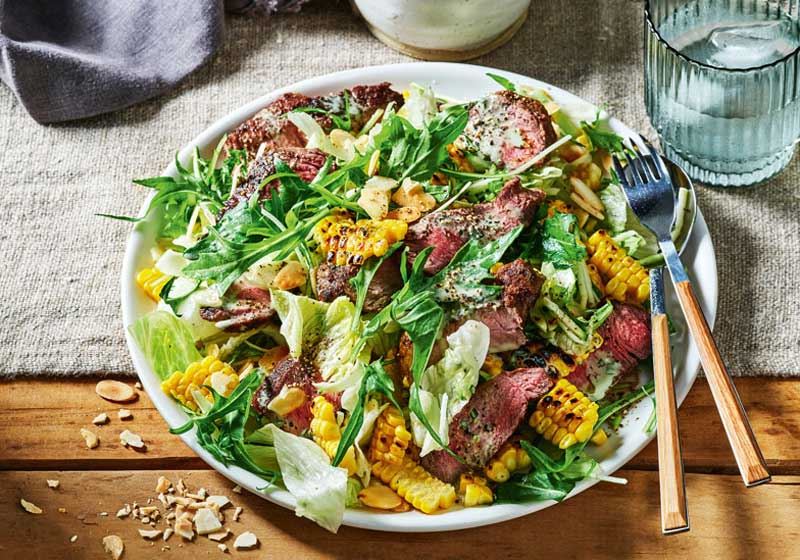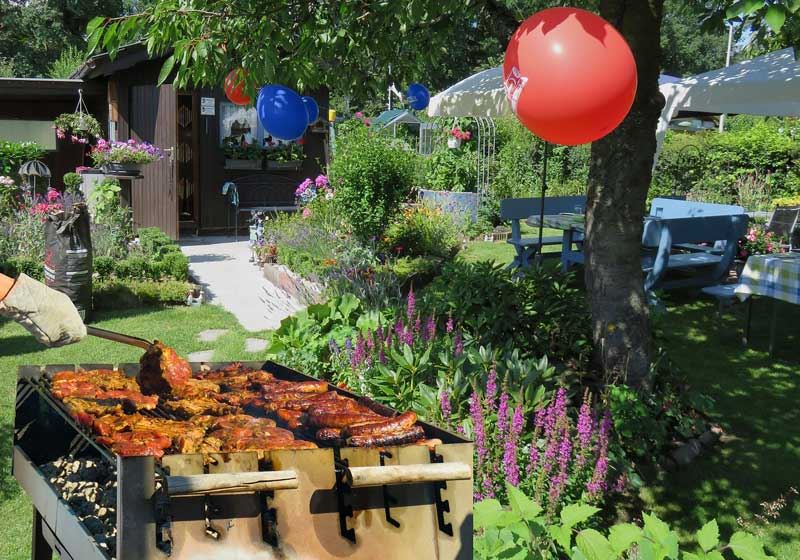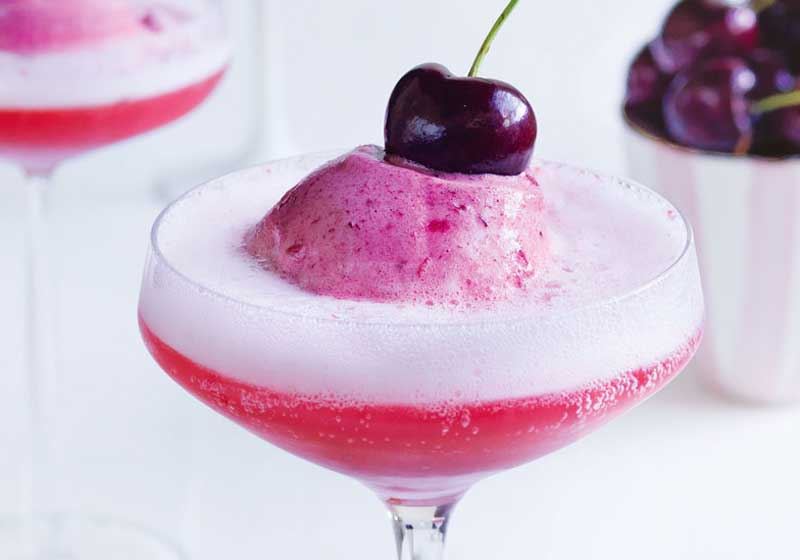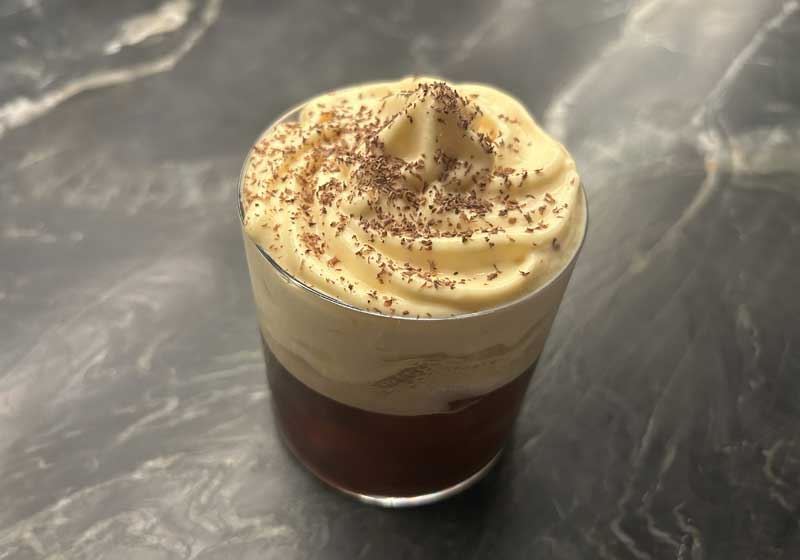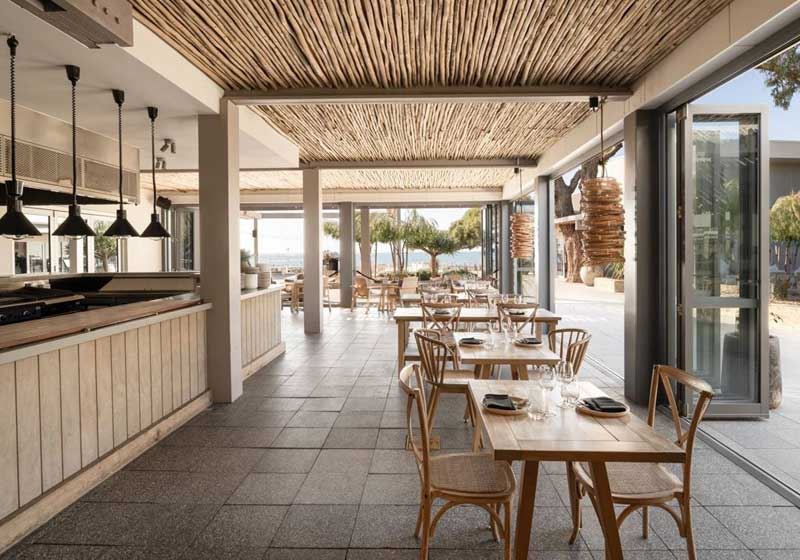By Marie-Antoinette Issa.
Whether you’re conscious of the carbs or simply seeking a more sustainable selection of sips, easier access to healthier alcohol options are making it easier to indulge - without having to scrimp on the flavour, or fun of your favourite drink!
No or Low-alcohol Options
Whether your focus is fitness or financial, the growing popularity of the sober curious movement has seen the trend toward no or low-alcohol beverages gain momentum in recent years. Australian brands are responding to the demand for lighter options by creating a variety of delicious beverages - including no-to-low-alcohol beers, ciders, spritzers and cocktails. These options typically contain 0 to 3% alcohol by volume (ABV), allowing you to enjoy the social aspect of drinking while keeping your intake in check.
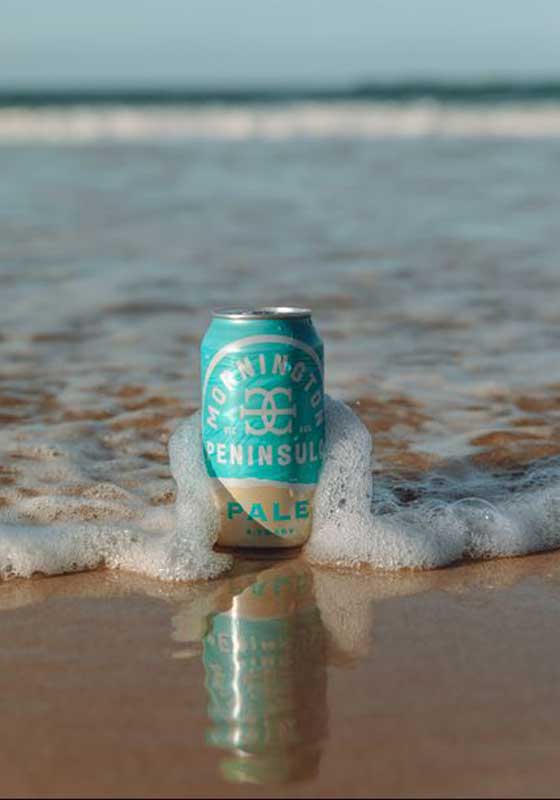
Mornington Peninsula Brewery has embraced this trend, offering both no and low-alcohol brews that don’t compromise on flavour. For those who prefer a vino vibe, Altina’s non-alcoholic wines blend the best bits of a perfect Pinot with beautiful native ingredients and botanicals to add depth and create a drink you can enjoy without moderation. Finally, for cocktail connoisseurs, Banks Botanicals delivers a delicious distilled organic, non-alcoholic spirit that uses Australian botanical ingredients from Victoria’s Yarra Valley.

Eco-friendly Wines
The resurgence of responsible consumerism has encouraged the emergence of ‘eco-friendly’ alcoholic options - generally covering a range of environmental and ethical wine-making practices.
For those seeking to sip smarter, organic wines, these drops are made from grapes grown without synthetic pesticides, herbicides or fertilisers, adhering to Australian organic certification standards. These wines can also be produced without added sulphites, promoting biodiversity and healthier soils. Look for certifications like Australian Certified Organic (ACO) or Sustainable Winegrowing Australia to ensure you’re making a responsible choice.
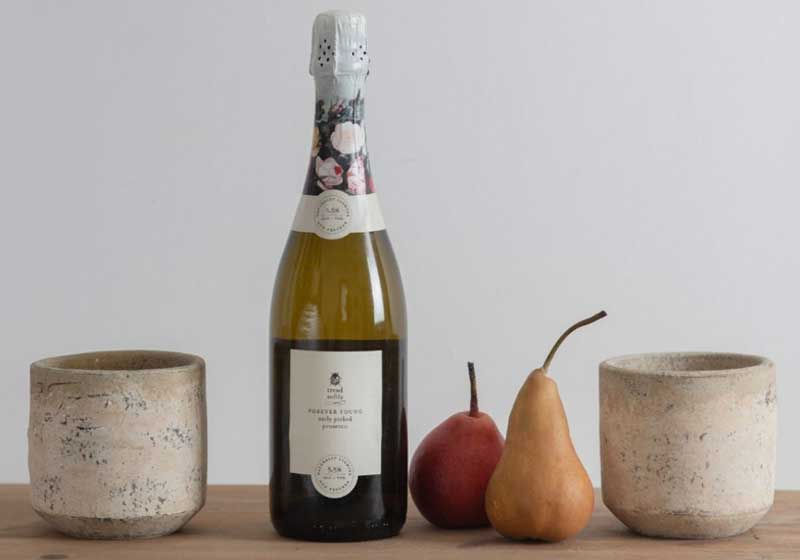
Bio-dynamic wines, like many of those by Chateau La Gordonne, go further by incorporating holistic principles into farming, viewing the vineyard as a self-sustaining ecosystem. This method uses natural preparations to enhance soil health and grape quality.
Next, while not all organic wine is necessarily natural, all-natural wines are made with organic or biodynamically grown grapes - typically hand-harvested and produced with minimal intervention and avoiding additives. The best ones highlight the unique characteristics of the grapes and vineyard without formal certification, though many of its producers follow organic principles.
Sustainable wine growing encompasses practices aimed at balancing environmental health, social equity and economic viability. This approach focuses on using resources efficiently and protecting biodiversity, with certification available from organisations like Sustainable Winegrowing Australia. Tread Softly is an excellent example of a brand that incorporates sustainability into its production process. This includes the planting of a native tree in the Yarra Yarra Biodiversity Corridor, to regenerate previously over-cultivated land, for every six bottles purchased.

Low-impact wines aim to reduce environmental harm through efficient resource use and renewable practices. Adelaide Hills’ Vinterloper vineyard, for example, embraces biodiversity by avoiding pesticides to produce its organic wines and planting native species that support predatory arthropods that naturally control pests.
Finally, vegan wines are made without animal-derived fining agents, offering a plant-based alternative. An excellent example is Rewild Wine - a Southern Murray Darling-based winery committed to improving all aspects of the grape-to-glass journey (including grape growing, winemaking, production and packaging), which also happens to be completely vegan.
Getting into the Sugar-free Spirit
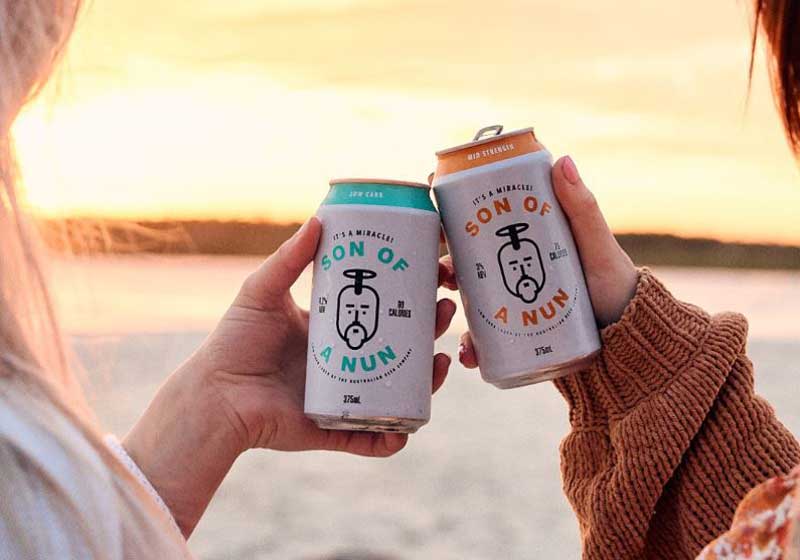
Sugar-free spirits are an excellent choice if you're keen on reducing additional sweeteners in your diet. Traditional spirits like vodka, gin, rum and whisky are naturally sugar-free, but many mixers and liqueurs contain added sugars that can lead to unwanted calories and hangover symptoms.
Opting for spirits without added sugar allows you to enjoy a cleaner drink. When mixing cocktails, consider using sugar-free mixers or fresh ingredients instead of pre-packaged mixers. Fresh fruit, herbs and soda water can also create refreshing and tasty cocktails without the sugar overload. Additionally, opting for sugar-free tonic waters that complement your favourite spirits, makes it easier to enjoy a low-calorie drink without sacrificing flavour.
In addition to sugar-free spirits, a growing group of brands also offer low-carb and gluten-free versions of their favourite drinks. These include Sun of a Nun’s Low Carb Lager and Wilde Brewing Co’s excellent gluten-free Pale Ale.
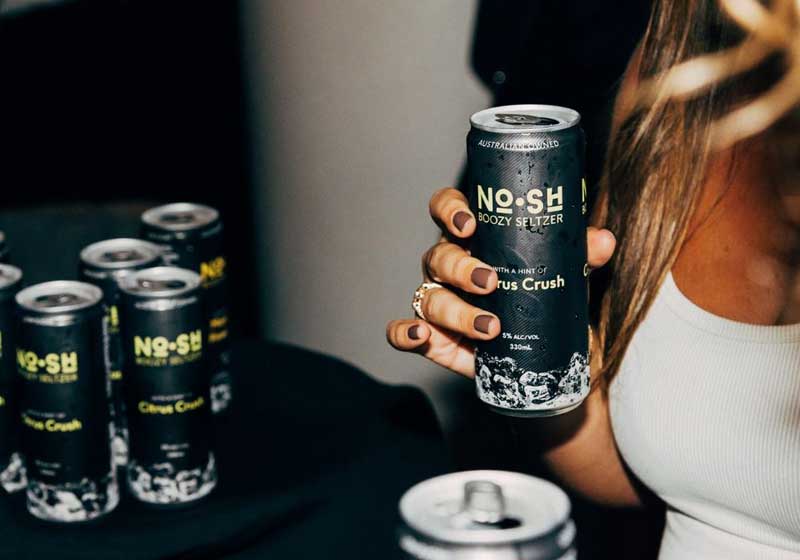
Low-Calorie Ready-to-drink (RTD) Options
For those who appreciate convenience, low-calorie ready-to-drink (RTD) options have become increasingly popular in Australia. These canned or bottled beverages often feature lower alcohol content and fewer calories compared to traditional cocktails. Many Australian brands offer a range of flavours, from Mojitos to Margaritas, typically containing fewer than 100 calories per serving.
Choosing RTDs can make social occasions easier, as they’re often pre-mixed and ready to enjoy, allowing you to partake in the festivities without the hassle of measuring or mixing. Brands like NoSh and Drink Gravity do great seltzers. While Curly Lewis – which has partnered with Will & Co to create a lighter, coffee-centric stout - has also embraced this trend to produce a delicious, drink that focuses on quality ingredients.
General Tips to Reduce Your Hangover
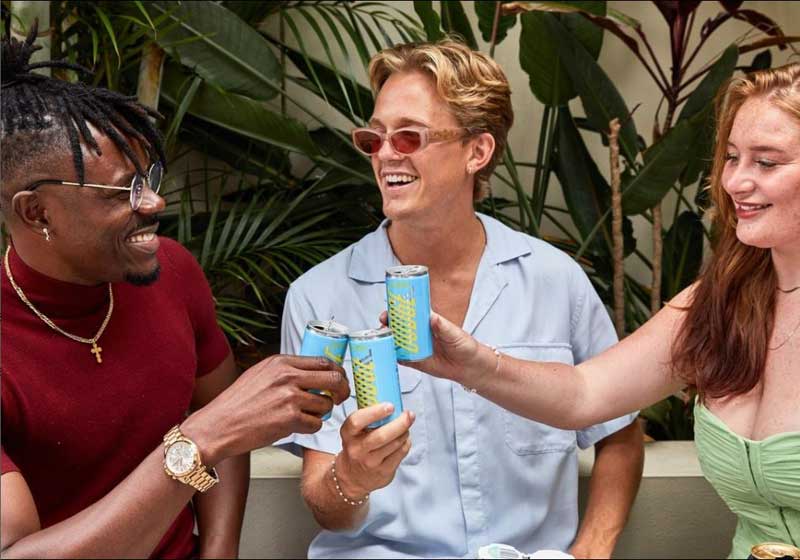
No one enjoys the aftermath of a night out, but there are several strategies to help reduce hangover symptoms:
•Stay Hydrated: alcohol is dehydrating, so make sure to drink plenty of water before, during and after drinking. A good rule of thumb is to have a glass of water for every alcoholic beverage you consume.
•Choose Your Drinks Wisely: darker drinks like red wine and whisky can contain more congeners (by-products of fermentation) than lighter drinks like vodka or white wine. Opt for lighter spirits to reduce hangover severity.
•Eat Before and While Drinking: consuming food, particularly those rich in fats and proteins, can slow down alcohol absorption, helping to mitigate the impact of alcohol on your body.
•Consider Supplements: finally, some studies suggest that certain supplements, such as prickly pear and Chinese herbs extracts (such as those in the Dodge Drinks range) may help reduce hangover symptoms. While more research is needed, these may be worth exploring.


